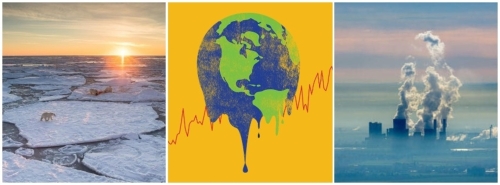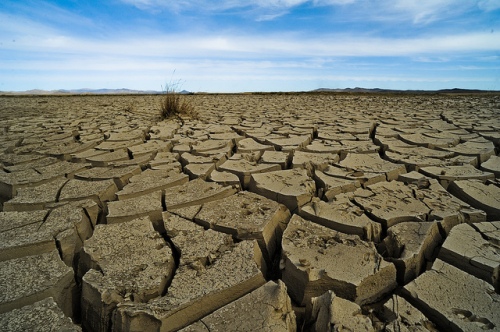
I was devastated to discover while scrolling through my Twitter feed that the singularly odd but hugely relatable series,Tuca and Bertie, would not be renewed for a second season on Netflix.
From the opening credits of this bizzare adult cartoon, following the lives of two female anthropomorphic birds in their thirties, there was an unbridled boldness which verged on being off-putting but which was somehow entwined with situations and personality quirks which hit far too close to home.
I’m sure I’m not the only woman who saw herself and her best friend in Bertie and Tuca. One the overthinking introvert, almost drowning in anxieties about the future, the other the raucous extrovert, burying her own fears and unwanted emotions (I’ll leave you to guess which one I am).
Cartoons dealing with adult themes isn’t anything new and recent years have seen an explosion with the likes of Rick and Morty and BoJack Horseman dealing with topics which aren’t only risque but also existentially challenging. Despite that, there was something about Tuca and Bertie which felt like it pushed limits further than other shows.
I think the moment came as I watched the usually nervous Bertie violently masturbate over the sink of a bakery lavatory. Female masturbation seems to continue to be a cultural taboo and the sexualisation of female bodies is as rampant in adult cartoons as everywhere else, an issue show creator, Lisa Hanawait, was keen to tackle. This unexpected image of a woman grasping her sexuality felt like it crossed a line which others hadn’t done before.
It is not only the storylines which are pushing adult animation into more exciting avenues but also their artistic approach. They’re not afraid to push animation into new fields and experiment wildly with the work of their predecessors.
The vibrant growth of adult cartoons has been coupled with a deterioration of cartoons aimed at children. Rather than using traditional 2D animation a lot of networks now favour a CGI 3D approach to children’s animation, producing a sort of unreal realness and cheap finish,making one series barely distinguishable from the next.
Part of the reason I believe we are seeing a surge of such talented animators today is that these artists grew up with a range of inspiring cartoons to watch as kids.
I recently rewatched some of the animated Beatrix Potter stories. As the soft notes of the outro music played a sharp pang of nostalgia filled my body. The tale I had just watched was that of Samuele Whiskers, a vicious rat who tries to cook a kitten into a roly-poly pudding for his supper. The melancholic song plays over a live-action scene of an actress playing Beatrix Potter as she makes her way to the post office to send her carefully written letter.
It’s a beautiful, enrapturing countryside scene, as a rabbit laps at a half finished cup of tea tears softly trickle down my cheeks. It’s an example of lovingly created television, with the same immense care given to every aspect of bringing the wonderful world of Beatrix Potter’s stories to life.
Compare this to the new Peter Rabbit series or the recent film version. I watched one episode which seemed more like the introductory scene to a computer game as Peter spotted paw-prints dotted across the forest, allowing him to turn stones into surfboards and other getaway tricks. Carefully and lovingly constructed animation is replaced by commercialised characters and storylines which scream for kid’s attention.
As well as offering more fertile ground for creativity, cartoons aimed at adults also create a particular niche for the kind of escapism which so called millennials desperately crave. An escapism which revels in the absolutely absurd as well as the tediously everyday.
We face a world where maniacs are running countries, we’re laden with debts before we even begin work, we can’t even dream of owning our own home and the world is literally on fire. These TV shows are the only ones which recognise the absolute despair of being a young(ish) adult today and make things better by making a mockery of it, making it even more ridiculous than it already is.
This particular blend also appeals to the millenial fixation on nostalgia. We grew up when children’s cartoons were booming and so there is a welcoming comfort when we watch animation now. Oddly, adult animation oftens subverts one of the most appealing aspects of nostalgia, the remembrance of lost innocence.
In this respect adult animation has carved out it’s particular niche. No other format could so successfully marry absurdity and reality. Play on our nostalgic memories while being overtly sexualised, violent and grappling with the very anxieties of existence. But this is exactly what the wonderful world of Tuca and Bertie did.
We need cartoons like Tuca and Bertie, to at once face a strange and confusing world and also escape from it.









